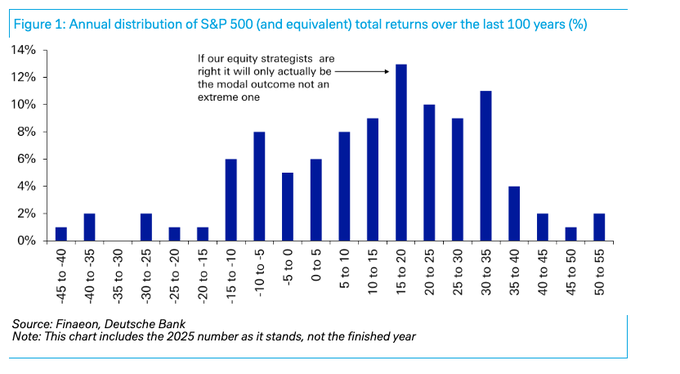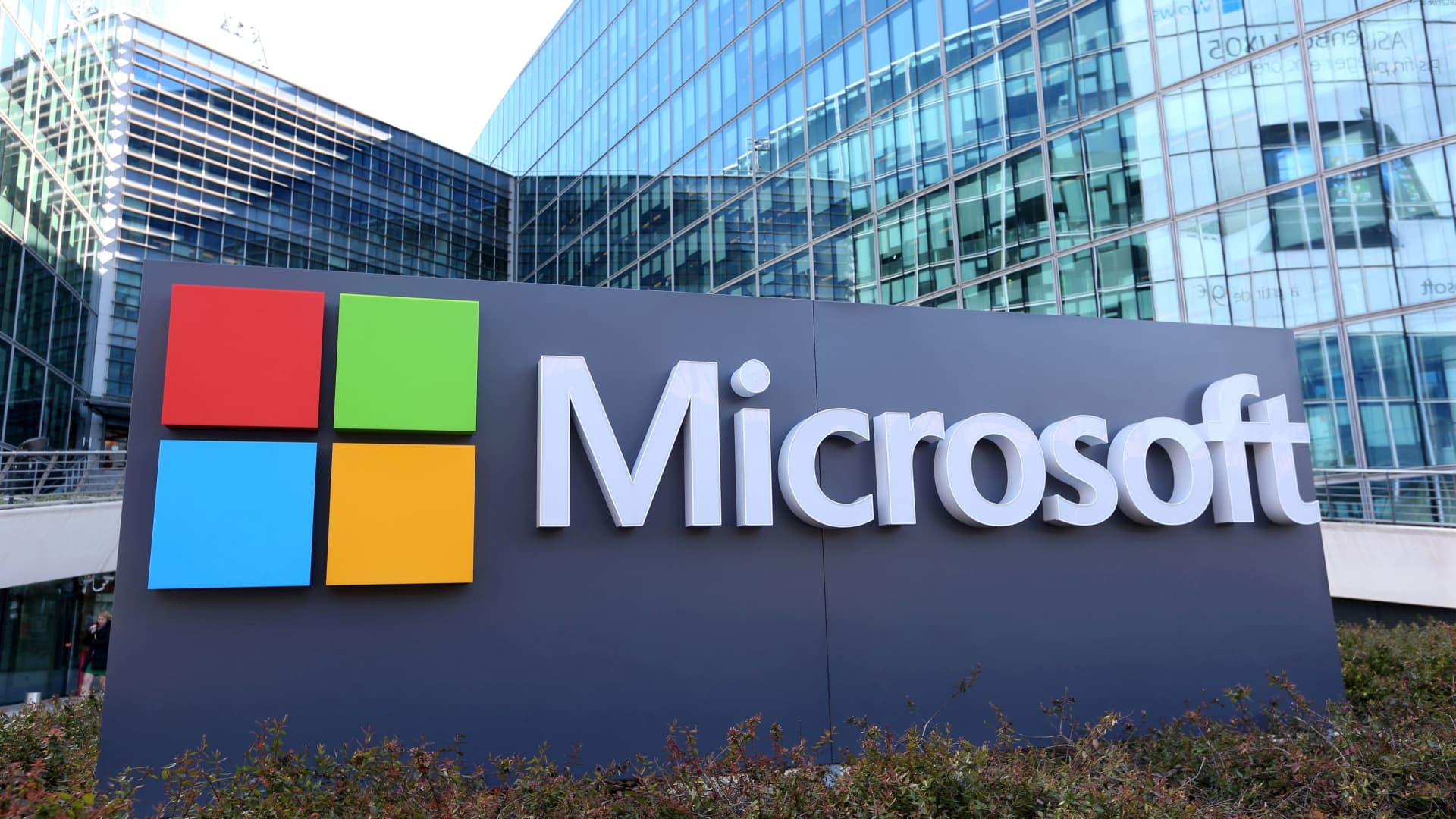The government on Saturday notified an eight-member high-level committee to examine and make recommendations at the earliest on the issue of holding simultaneous elections to the Lok Sabha, state assemblies, municipalities and panchayats.
The committee will be headed by former president Ram Nath Kovind and will have Home Minister Amit Shah, Congress leader in Lok Sabha Adhir Ranjan Chowdhury, former leader of the opposition in Rajya Sabha Ghulam Nabi Azad and former finance commission chairman N K Singh as members.
The notification said the panel will commence functioning immediately and make recommendations “at the earliest”, but did not specify a timeframe to submit the report.
The decision to have a committee under former president Kovind had on Friday caught opposition bloc INDIA, holding their conclave in Mumbai, by surprise and further raised the political heat.
The opposition alliance had slammed the decision as a “threat” to the country’s federal structure.
The high-level committee will also have former Lok Sabha Secrertary General Subhash C Kashyap, senior advocate Harish Salve and former Chief Vigilance Commissioner Sanjay Kothari as members.
Law Minister Arjun Ram Meghwal will attend the meetings of the committee as a special invitee, while Law Secretary Niten Chandra will be the secretary to the panel.
The committee will examine and recommend specific amendments to the Constitution, the Representation of the People Act and any other laws and rules which would require amendments for the purpose of holding simultaneous elections.
It has also been tasked to suggest a framework for synchronisation of elections and “specifically suggest the phases and timeframe within which simultaneous elections may be held if they cannot be held in one go…”
It will also examine and recommend if the amendments to the Constitution would require ratification by the states.
Certain amendments to the Constitution require ratification by at least 50 per cent of the state assemblies.
The bill which sought to create a National Judicial Appointments Commission was ratified by over 50 per cent of the states after it was passed by Parliament.
The committee will also analyse and recommend possible solutions to scenarios such as hung House, adoption of no-confidence motion, or defection or any such other event in case of simultaneous elections.
The committee has also been asked to recommend “necessary safeguards for ensuring the continuity of the cycle of simultaneous elections and recommend necessary amendments to the Constitution so that the cycle of simultaneous elections is not disturbed”.
The issue of logistics is also on the agenda of the panel as the massive exercise would require additional number of EVMs and paper-trail machines, polling and security personnel.
It will also examine and recommend the modalities of use of a single electoral roll and electoral identity cards for identification of voters in elections to the Lok Sabha, state legislative assemblies, municipalities and panchayats.
A parliamentary committee had recently said that a common electoral roll will help reduce expenses and prevent manpower being deployed for a work on which another agency is already working.
The committee will hear and entertain all persons, representations and communications which in its opinion can facilitate its work and enable it to finalise its recommendations.
While the Election Commission is mandates to hold parliamentary and assembly polls, state election commission’s hold local body elections.
The EC and SECs are separate bodies under the Constitution with a fixed mandate.
According to former chief election commissioner SY Quraishi, the original proposal was for simultaneous elections to all three tiers of democracy — Lok Sabha (543 MPs), Vidhan Sabha (4120 MLAs) and the Panchayats/ Municipalities (30 lakh members).
The Saturday notification pointed out that elections to the Lok Sabha and legislative assemblies were mostly held simultaneously from 1951-52 to 1967 after which this cycle got broken and now, elections are held almost every year and within a year too at different times, which result in massive expenditure by the government and other stakeholders.
It also leads to diversion of security forces and other electoral officers engaged in such elections from their primary duties for significantly prolonged periods.
Frequent polls, it said, disrupt developmental work on account of prolonged application of Model Code of Conduct.
















